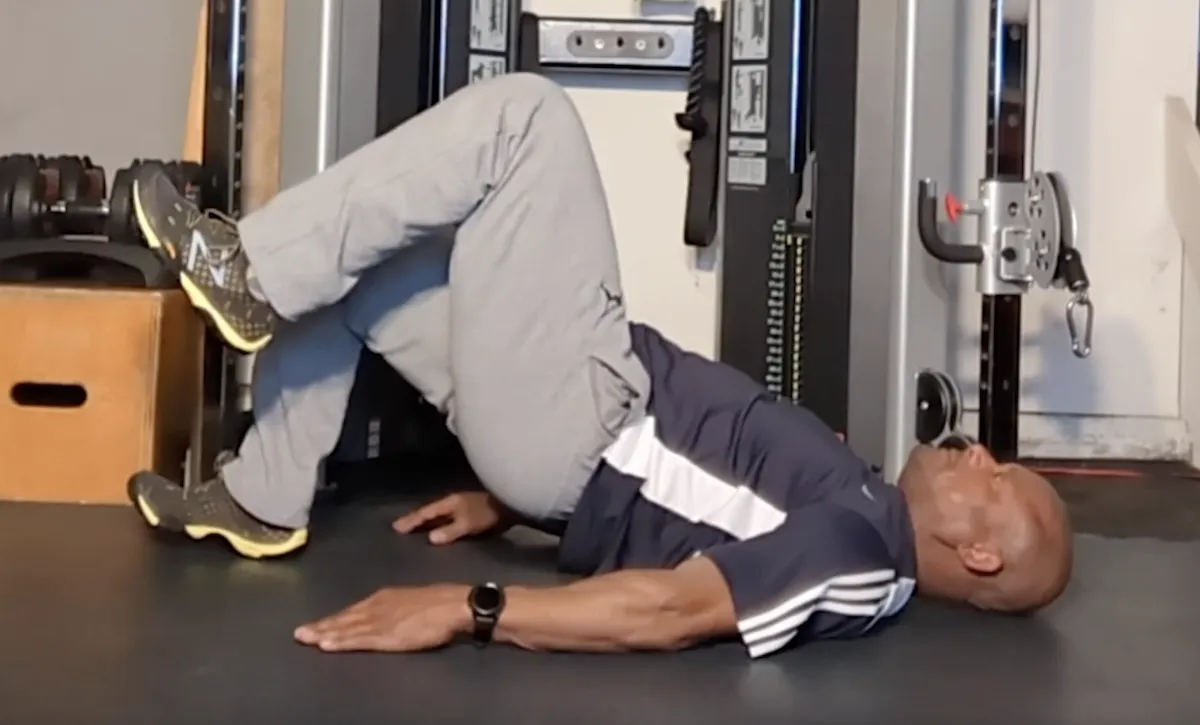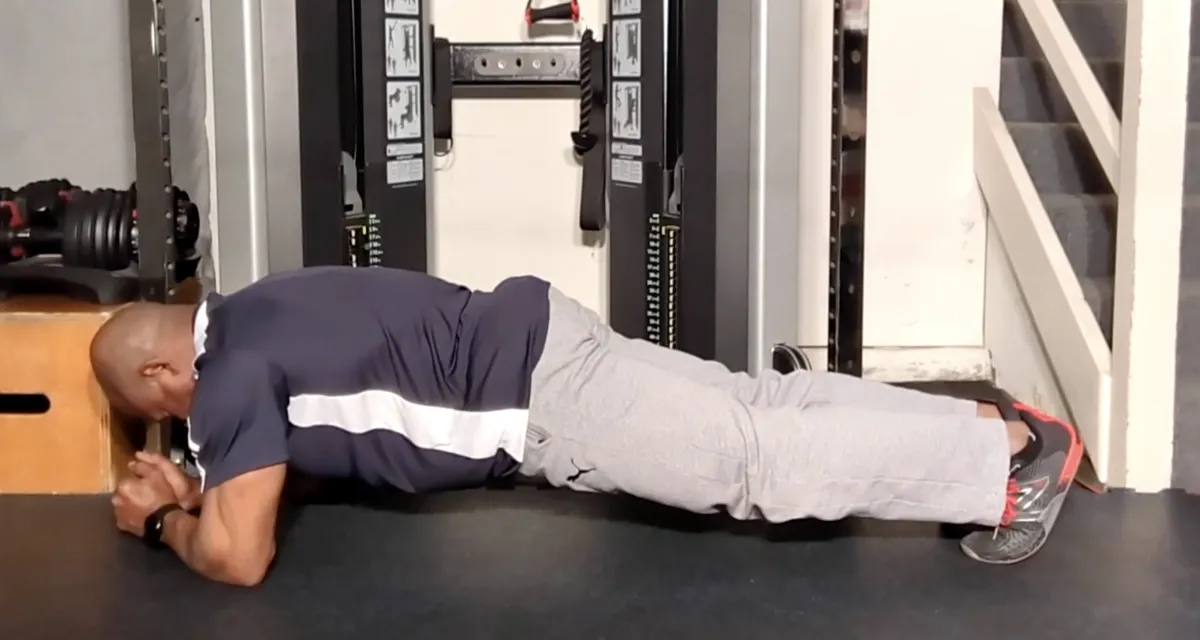
RESOURCES

Is Your Mattress and Sleeping Position Causing You Shoulder Pain
Waking up with shoulder pain can be a frustrating experience, especially when it disrupts your daily routine. While various factors can contribute to shoulder discomfort, your mattress and sleeping position play pivotal roles. Understanding how these elements affect your shoulder health is crucial in identifying and alleviating the root cause of your pain.

Signs Your Mattress May Be the Culprit
Morning Stiffness and Discomfort
If you consistently wake up with shoulder stiffness or pain that diminishes as the day progresses, your mattress might be contributing to the problem. A mattress that's too firm can fail to cushion pressure points, while one that's too soft may not provide adequate support, leading to misalignment and discomfort.
Tossing and Turning at Night
Frequent repositioning during sleep can indicate that your mattress isn't offering the necessary support or comfort. This restlessness can exacerbate shoulder pain, preventing you from achieving restorative sleep.
Visible Sagging or Indentations
Over time, mattresses can develop sags or indentations, especially in areas where you apply the most pressure. These uneven surfaces can lead to improper spinal alignment, increasing the risk of shoulder and back pain.

Evaluating Your Sleeping Position
Your preferred sleeping position significantly influences shoulder health. Here's how different positions can impact your shoulders:
Side Sleeping
While side sleeping is common, it can place substantial pressure on the shoulder you're lying on, potentially leading to pain. If your mattress doesn't provide adequate cushioning, this pressure intensifies, increasing discomfort.
Recommendation: Ensure your mattress offers sufficient pressure relief to accommodate your shoulders. Placing a pillow between your knees can also promote better alignment.

Back Sleeping
Sleeping on your back generally distributes weight more evenly, reducing pressure on the shoulders. However, an unsupportive mattress can cause the spine to misalign, indirectly affecting shoulder comfort.
Recommendation: Use a pillow that supports the natural curve of your neck and consider a medium-firm mattress to maintain proper spinal alignment.
Stomach Sleeping
This position is least recommended for shoulder health, as it often leads to neck and spine misalignment, placing undue stress on the shoulders.
Recommendation: If possible, transition to sleeping on your back or side. If you must sleep on your stomach, use a thin pillow to minimize neck strain.
Steps to Alleviate Shoulder Pain
Assess and Upgrade Your Mattress
Determine Appropriate Firmness: A medium-firm mattress often provides a balance between support and comfort, helping maintain proper alignment and reducing shoulder pain.
Consider Mattress Topper: If replacing your mattress isn't feasible, a quality mattress topper can adjust the firmness level, offering better pressure relief for your shoulders.
Optimize Your Sleep Environment
Pillow Selection: Choose a pillow that aligns your neck with your spine. Side sleepers may benefit from a thicker pillow, while back sleepers might prefer a thinner option.
Sleep Hygiene: Maintain a consistent sleep schedule and create a restful environment to enhance sleep quality, aiding in muscle recovery and pain reduction.
Incorporate Shoulder-Friendly Practices
Stretching and Strengthening: Engage in regular exercises that enhance shoulder flexibility and strength, reducing the likelihood of pain.
Mindful Movement: Be conscious of your posture and movements during the day to prevent additional strain on your shoulders.

When to Seek Professional Advice
If shoulder pain persists despite adjusting your mattress and sleeping position, it may be time to consult a healthcare professional. Persistent pain could indicate underlying conditions such as rotator cuff injuries or arthritis that require specialized treatment.
To be clear, your mattress and sleeping position are integral to shoulder health. By ensuring proper support and alignment during sleep, you can significantly reduce the risk of shoulder pain and improve overall sleep quality. Regularly evaluate your sleep setup and make necessary adjustments to maintain a pain-free and restful night's sleep.
Sheila Mann's Testimonial
Sheila Mann doing Suspension Strap Push-ups on an elevated Single Leg.
Just another Saturday Workout Part 2
Spray Tan Fitness
Dreams or Goals
Intro to Self-Myofascial Release
Self Massage using the Energy F X Tube (Upper Body)
Self-Massage for Lower Body using Energy F X Tube (IT Band , Glutes)
Level 3
This is our advance level. In this level you will be asked to increase the challenges to your strength, balance and to some degree, your conditioning. We continue to focus on the major joints of the body (hips, shoulder, and knees) with the added challenge of resistance. This level also includes the added challenge of coordination, as many movements require the integrated movement of both upper and lower body.

Level 4
This is our premium level. In this level you will be asked to significantly challenge your body through increased demands on your functional core strength in movements that will significantly challenge your balance and strength simultaneously. Here we will ask you to begin to optimize your balance, core activation, and improved range of motion in a functional aspect – integrated movement of both upper and lower body, but at a higher level of accountability.

